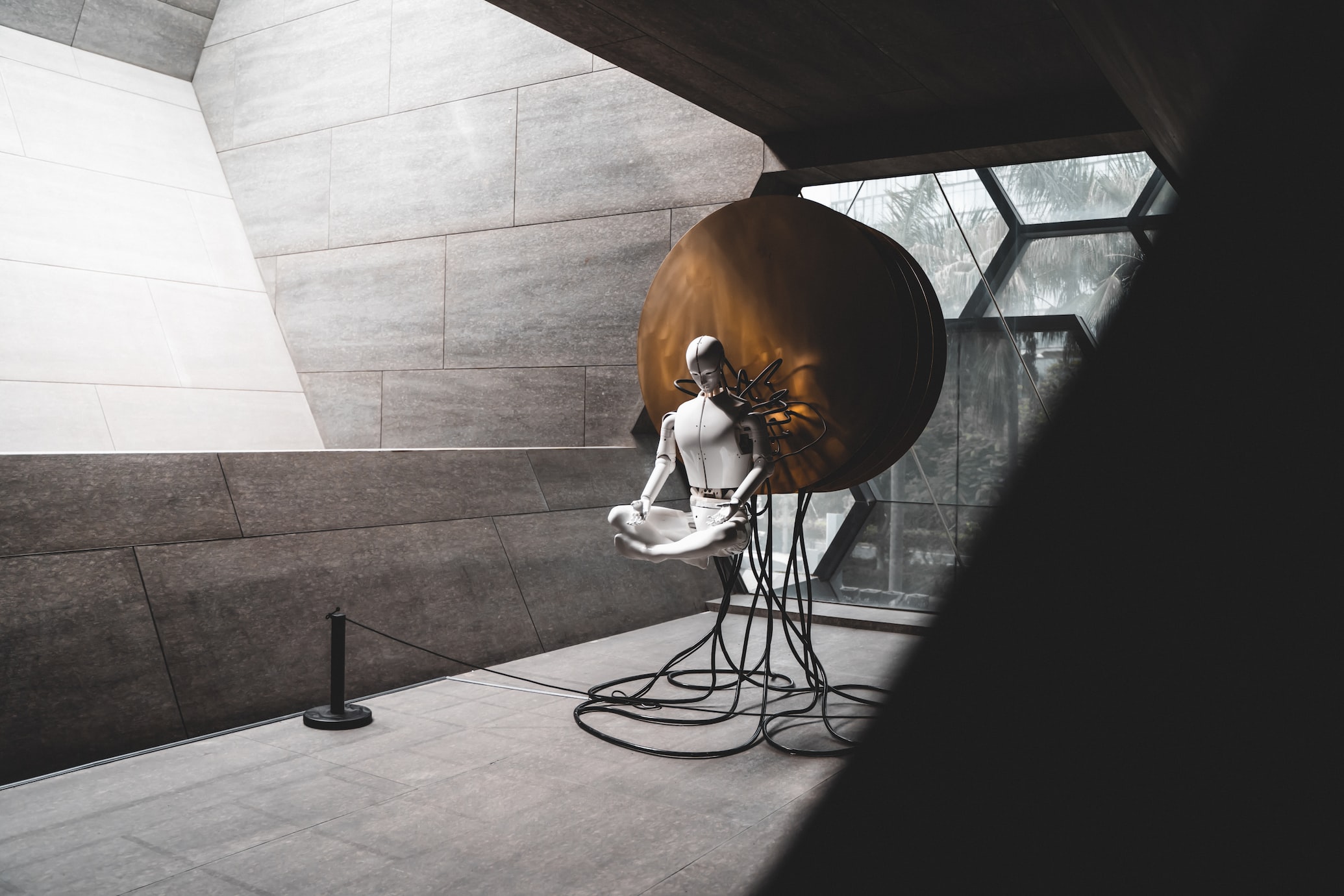

Ankit Bourasi
Artificial Intelligence: What It Is, How It’s Changing Us, and Why We Shouldn’t Fear it
You probably know artificial intelligence (AI) as the technology that enables self-driving cars or helpful virtual assistants like "Siri" and "Alexa". But AI is so much more than that. In fact, AI is poised to revolutionize almost every industry in the coming years. In this blog post, you will learn everything you need to know about AI, from what it is and how it’s currently being used to its potential future applications and risks.
What is Artificial Intelligence?AI is an area of computer science dedicated to the concept of making machines that can think and act like humans. Over the years, the term has come to refer to many different subfields of computer science, each trying to achieve the same goal in different ways. Whatever the subfield, the ultimate goal is always the same: "to create a machine that can think and act like a human". Computer scientists use the terms artificial, synthetic, or machine intelligence to refer to computer programs that can solve problems on their own by mimicking human cognition.
While artificial intelligence is not a single thing, it generally refers to computer systems that can do what we call “human intelligence” tasks like analyzing data, understanding language, creating and designing content, making autonomous decisions, and solving complex problems.
How is AI currently being used?Why is everyone talking about AI now?There are a few reasons why AI has become such a hot topic in the last few years. First, the technology is truly booming: The number of AI startups is increasing every year, and companies are pouring billions of dollars into AI research and development.
Another factor is that AI has the potential to revolutionize many industries, so the topic attracts a lot of attention and inspires both excitement and anxiety about the future.
A final reason is that the AI community has been criticized for not being transparent about the technology and its potential impact. — This has led many stakeholders to demand more and better communication about AI and its implications.
How will AI change the world?AI will likely be used to solve some of the world’s biggest and most pressing issues, such as the environment, health and wellness, and the economy.
Environmental issues — AI will be used to monitor and regulate pollution, deforestation, and climate change. It will be used to create self-sustaining green cities, and it will even be used to create new materials like hybrid plants and food.
Health and wellness — AI will be used to create new drugs, better diagnostic tools and treatments, and even new foods that improve wellness. It will be used to create personalized wellness programs, and it will even be used to create personalized climates.
Economy — AI will be used to create new business opportunities and investment strategies, and it will be used to create better programs to help those in need. It will be used to create new payment systems, and it will even be used to create better communication platforms.
Is there anything to fear from AI?Yes, there is one thing to fear from AI, and it’s one that’s been talked about for decades: If a machine is able to think and make decisions like a human, does that mean we no longer have a place? This has led some to argue that AI will lead to the end of the human race.
— This kind of thinking is extremely dangerous and will cause a lot of fear, which will only hold back important scientific developments.
— Instead of fearing AI, we should focus on making sure that it is developed ethically and that its benefits are distributed evenly across society.
— This means not only developing AI but also making sure that its benefits extend to everyone.
Bottom lineArtificial intelligence is an exciting and important area of computer science. While the term can refer to many different subfields, all of these subfields attempt to give machines the capacity to think and act like humans. And while there are legitimate reasons to be concerned about AI, the benefits of this technology are likely to outweigh the risks. That said, AI is still in its early stages, and there’s a long way to go before computers become truly intelligent. In the meantime, we can use AI to make our lives easier and help us tackle some of society’s biggest problems.

Ankit Bourasi
Ankit Bourasi is the founder and creator of the Pohha.blog, a platform for bloggers to share their stories with a global audience. Ankit has always been passionate about writing and storytelling, and he wanted to create a platform where people from all over the world could share their experiences and connect with others.